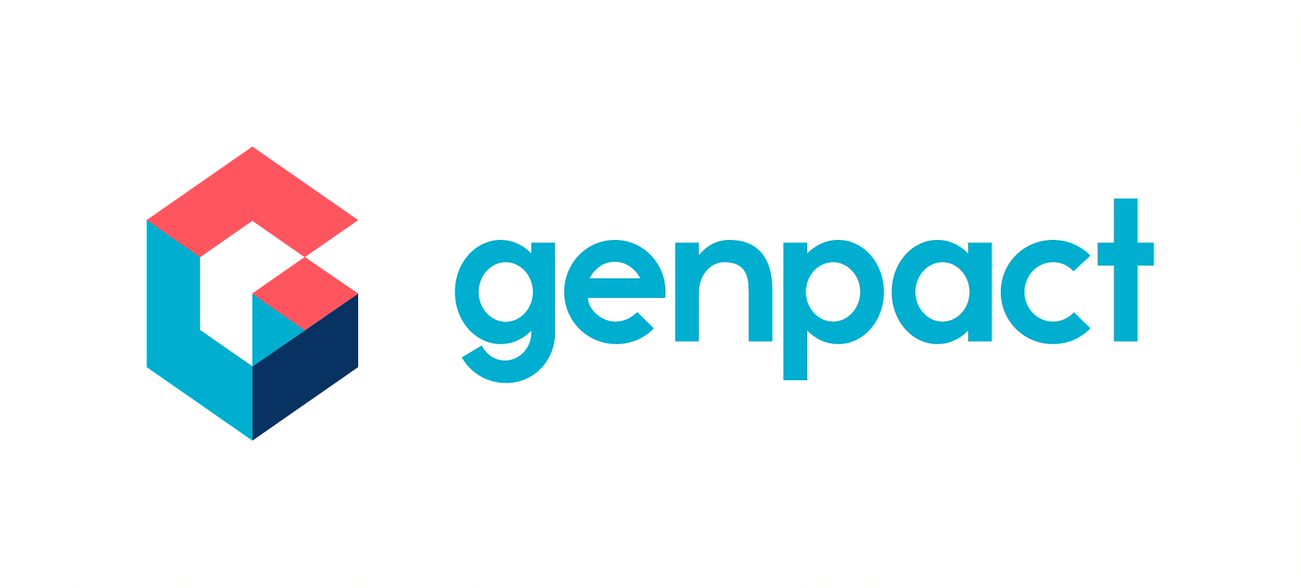Best Six Sigma Training Program in Bangalore!
Starts on 06 April 2025 | Online | Class-Room

Enquire for our Best Offer !
Upcoming Batches: 06 April 2025 (Weekend Batch | Timing: 10.30 am – 6.30 pm):
(Please Message on WhatsApp +91 90083-00153 for more information!)
– Six Sigma Green Belt Training & Certification
– Lean Six Sigma Black Belt Training & Certification
– Lean Manager Training & Certification
– ISO 9001 Internal Auditor Training & Certification
– MINITAB for Process Analytics and Modelling, additional Data will be given.
– MS-Visio Process Mapping and Value Stream Mapping
– MS-Project training and project management
– Project Experience Training & Certification
– Interview and Exam Question Bank
– Certification from Cross Border Executives Management Group
– ASQ Exam Question Bank
The Lean Six Sigma Black Belt Training program in Bangalore, by CBEMG, Cross Border Executive Management Group, offers a comprehensive and specialized training experience. The six sigma training is aimed at equipping individuals with the skills and knowledge necessary for success in quality management and process improvement. This training program is available ONLINE as well as live class-room training in Bangalore. This program stands out due to several distinctive elements:
Ensuring Global-Quality Products and Services: Participants acquire the expertise necessary to guarantee that their organizations deliver products and services that meet international quality standards and fulfill customer expectations.
Emphasis on Strategic Planning: The program places a strong focus on strategic planning, enabling attendees to align their projects with broader organizational objectives, thereby enhancing overall effectiveness.
Cultivating Project Leadership: Graduates of the program emerge as adept project leaders, capable of guiding teams and efficiently completing projects with effectiveness.
Mastering the DMAIC Methodology: Comprehensive coverage of the DMAIC (Define, Measure, Analyze, Improve, Control) methodology equips participants with the tools needed to systematically enhance processes and address intricate issues. Also learn DFSS’ complicated issues!
Proficiency in Black Belt Analytics: Participants develop a profound understanding of data analysis techniques, enabling data-driven decision-making and precise identification of areas for improvement.
Practical Software Proficiency: The program offers hands-on experience with essential software tools such as Minitab and MS-Project, enhancing technical skills and project management capabilities.
Change Management and Transformation: In today’s dynamic business landscape, navigating change and transformation is vital. This program provides insights and strategies to effectively manage change and foster a culture of continuous improvement.
Instructor-Led Learning: Led by expert instructors, this training program delivers a dynamic and interactive educational experience. Participants receive guidance and mentorship, ensuring their success in the Lean Six Sigma Black Belt journey.
Certification: Upon successful completion of our program, you will receive a globally recognized Six Sigma Black Belt certification, opening up new career opportunities and enhancing your professional credibility.
FAQ’s
Six Sigma is an American management methodology, a set of techniques and tools to gain business benefits. It was introduced by Motorola in 1986. Mikel J. Harry is regarded as one of the main architects of Six Sigma, played a pivotal role in developing and formalizing the methodology at Motorola alongside Bill Smith. His work helped shape Six Sigma into a structured approach for process improvement and defect reduction. Later, Jack Welch at General Electric (GE) adopted and popularized Six Sigma in 1995, making it central to GE’s business strategy. Six Sigma strategies, aimed at reducing inconsistencies and minimizing variability in business processes, have since become a widely adopted management approach globally, delivering significant business benefits.
Lean Management is a business process management philosophy that focuses on creating more value for customers by improving efficiency and eliminating waste. It originated from the Toyota Production System and emphasizes continuous improvement through small, incremental changes in processes. Lean aims to streamline operations by reducing activities that do not add value, thereby enhancing productivity and quality. The core principle of Lean Management is to deliver maximum value with minimal resources by focusing on optimizing workflows and minimizing waste.
Each field has its own unique potential and stability, depending on the specific industry, geographical location, and other factors. Here is a brief summary:
Lean Six Sigma: This methodology is widely applicable across numerous sectors, including all manufacturing, all service industries. Professionals skilled in Lean Six Sigma are valuable for businesses seeking strategic efficiency, business excellence, business expansion and development including quality control. The demand is relatively stable, as these skills remain pertinent to many industries. It’s applicable in industries such as:
1. All service industries such as banking, healthcare, finance, BPO, IT, hospitality, logistics, and supply chain management etc.
2. All manufacturing industries such as automobile, aerospace, mechanical, electronics, chemical, pharma, textile etc.
The goal of Lean Six Sigma is to achieve Business Goals for any technical and non-technical solutions can utilized. Lean Six Sigma Management functions as a business umbrella under which project management, data science, robotics (RPA) and ML/AI are nurtured. The end goal of Lean Six Sigma is to gain business befits from any of the solutions available or discover new ones!
Project Management: Project management is an evergreen field as projects are integral to all businesses. PMP certified professionals are globally recognized and highly sought after across various industries, such as IT, construction, healthcare, and more. The demand for efficient project managers is not declining anytime soon.
Data Science/Data Analytics: The demand for data scientists and analysts is growing rapidly, and this trend is projected to continue given the increasingly data-driven world we live in. Every sector, from finance to marketing, needs professionals who can translate data insights into strategic decisions.
Machine Learning/AI: As one of the fastest-growing fields in technology, Machine Learning and AI show high future prospects. As businesses continue to adopt AI to improve operations and decision-making, the demand for skilled professionals in this field is predicted to increase significantly.
Each field presents a strong future prospect and stability. However, the “best” field for you will depend on your personal interests, existing skill set, willingness to learn, and the specific demand in your targeted industry or location. As always, continuous learning and skill updating are crucial in any career path to remain competitive and valuable in the job market.
4. Should I do Green Belt first before Black Belt or can I do Black Belt directly?
Six Sigma certifications usually follow a hierarchical role where Green Belt is at a lower level than Black Belt. Green Belt is a team member while a Black Belt is a project/team Leader. Green Belt certification often provides the foundational knowledge to understand and participate in Six Sigma projects, whereas Black Belt certification is for professionals who wants to grow their career in Six Sigma philosophies and principles, including supporting systems and tools.
However, whether you need to get a Green Belt certification before a Black Belt depends on the training institution. Some training organizations impose you to have a Green Belt training before you can pursue a Black Belt certification, while we do not penalize learners with such prerequisites. You can enroll with a combo offer having trained and learn Green Belt and Black Belt simultaneously.
5. What is career progression in the field of lean and Six Sigma?
Career progression in the field of Lean and Six Sigma often begins with gaining knowledge and certification starting from Yellow Belt, then Green Belt, Black Belt, and up to Master Black Belt. Here’s a typical progression:
• Lean Six Sigma Yellow Belt: This is a basic level of certification that provides you with an introduction to the Lean Six Sigma process along with a few techniques.
• Lean Six Sigma Green Belt: At this level, you understand advanced analysis and can resolve problems that affect quality.
• Lean Six Sigma Black Belt: As a Black Belt, you are qualified to manage teams, analyze and solve quality problems, and are involved in strategic planning at an organizational level.
• Lean Six Sigma Master Black Belt: This is a level of certification that denotes a mastery of the Six Sigma process including its philosophies and principles.
At each level, individuals are expected to mentor those at lower levels. After acquiring Black Belt or Master Black Belt, one could become a Lean Six Sigma Consultant or a Business Excellence Consultant.
YOUR MENTOR AND TRAINER

BHANU PRATAP SINGH, Chief Executive Officer | ASQ Certified Master Black Belt | Principal Master Black Belt
With over 30 years of Lean Six Sigma Training experience, BP Singh has become a beacon of excellence in process optimization. Holding the prestigious title of an ASQ Certified Master Black Belt from the American Society for Quality, USA, he's trained 2500+ Black Belts and authored Six Sigma Training Modules.
At the helm of the "Cross Border Executives Management Group," Singh steers boundary-defying strategies. He personally mentors CEOs, VPs, and junior managers, fostering profitability.
Mentoring 100+ "True - DMAIC & DFSS" programs, Singh's clients have experienced substantial revenue growth. His legacy is one of transformative leadership, propelling organizations toward operational greatness.
With a background in electronic engineering and 27 years in business process management, his insights blend technical prowess with strategic vision.
LISTEN TO SUCCESS STORIES FROM OUR ALUMNI

Shivakumar Bhaskaran
Works in Medtronic, ASQ Certified Six Sigma Black BeltB.P Singh Sir is a "Servant Leader" who always puts people first. I was amazed by looking at his effort and inclination toward society and the mentality of "How to improve". CBEMG is just not a training center to go away with a certificate. It is an Ocean filled with vast knowledge and expertise across different industries. I strongly recommend CBEMG program.

Vineet Dubey
Analytics Advisory Manager, Accenture, CBEMG Certified Six Sigma Black BeltMost detailed and in-depth Six Sigma training. I recommend CBEMG to everyone who is starting the Six Sigma journey. BP Singh Sir makes a great effort to explain the topic. Uses simulation methods to explain the concepts.

Nikhil Pachauri
AM, Infosys, CBEMG Certified Six Sigma Black BeltI am very happy to be part of this training. The way BP Singh Sir put the effort, hats off to him. I have got a deep understanding of Six Sigma, and Lean concepts in this training program. I will recommend others to join this training program if you want to be BB certified.
ORGANIZATIONS EMPLOYING OUR ALUMNI














